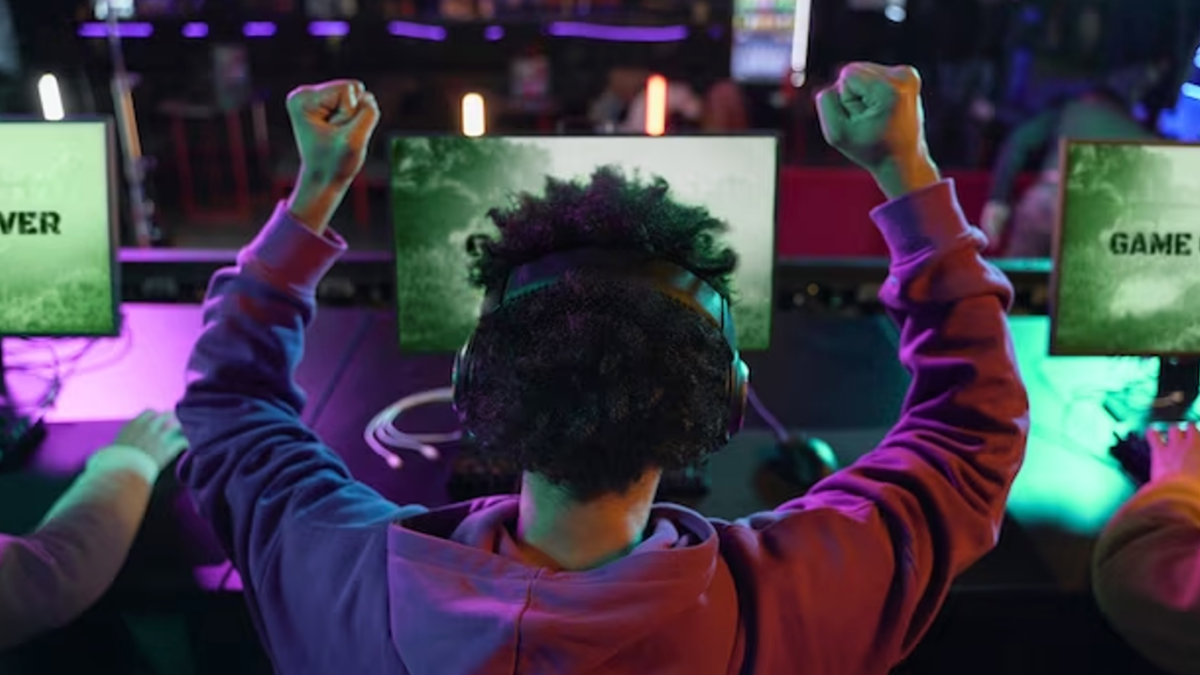In recent years, esports has evolved from a niche hobby to a global phenomenon, captivating millions of fans and players worldwide. Among the various genres, Battle Royale games have emerged as a dominant force in the gaming industry, giving rise to competitive tournaments that transcend geographical boundaries. This article delves into the globalization of esports tournaments, focusing on the explosive growth and impact of Battle Royale games on the international stage.
The Rise of Battle Royale:
The Battle Royale genre, characterized by intense multiplayer competitions where players fight for survival until only one remains, gained mainstream popularity with titles like Fortnite, PlayerUnknown’s Battlegrounds (PUBG), and Apex Legends. These games introduced a unique blend of strategy, skill, and unpredictability, attracting a massive player base and establishing themselves as esports staples.
Fortnite’s Cultural Phenomenon:
Fortnite, developed by Epic Games, stands out as a cultural phenomenon that transcends traditional gaming boundaries. Its vibrant graphics, innovative building mechanics, and regular content updates have contributed to its widespread appeal. Fortnite’s success in hosting large-scale events, such as the Fortnite World Cup, with millions in prize money, exemplifies the global impact of Battle Royale tournaments.
PUBG’s Global Presence:
PlayerUnknown’s Battlegrounds (PUBG), the slot gacor game credited with popularizing the Battle Royale genre, has become a global esports sensation. PUBG Mobile, the mobile version of the game, has significantly expanded its reach, drawing in players from diverse regions. PUBG Global Championship and PUBG Mobile Global Championship showcase the game’s global footprint, featuring teams and players from various continents.
The Globalization of Esports Tournaments:
As Battle Royale games gained popularity, esports tournaments evolved from local competitions to global extravaganzas. The globalization of esports tournaments can be attributed to several factors, including technological advancements, increased accessibility, and the establishment of professional leagues.
Technological Advancements and Connectivity:
Advancements in internet infrastructure and high-speed connectivity have played a pivotal role in the globalization of esports tournaments. With low-latency online gaming experiences, players from different corners of the globe can compete against each other in real-time. This connectivity has enabled the formation of international leagues, fostering a sense of global community among esports enthusiasts.
Increased Accessibility and Inclusivity:
The accessibility of esports has significantly increased, breaking down barriers for players around the world. Free-to-play models, cross-platform compatibility, and the availability of esports on various devices have democratized the gacorqq gaming experience. This inclusivity has allowed talents from diverse backgrounds to showcase their skills on the global stage, making esports truly representative of the world’s gaming community.
Professional Leagues and Global Organizations:
The establishment of professional leagues and global esports organizations has been instrumental in elevating the status of esports tournaments. Leagues like the Call of Duty League, Overwatch League, and Apex Legends Global Series provide a structured platform for competitive play, attracting top talent and sponsors. These leagues emphasize regional and international competitions, fostering a sense of unity among players and fans worldwide.
International Battle Royale Tournaments:
Battle Royale tournaments have become a spectacle on the international stage, featuring top teams and players competing for fame, glory, and substantial prize pools. The following subsections highlight some of the major international tournaments that exemplify the globalization of Battle Royale esports.
Fortnite World Cup:
The Fortnite World Cup, organized by Epic Games, stands as one of the most prestigious events in the esports calendar. With a diverse range of players hailing from different countries, the World Cup showcases the global appeal of Fortnite. The tournament’s format includes solo and duo competitions, bringing together top players to battle it out for millions in prize money.
PUBG Global Invitational:
The PUBG Global Invitational (PGI) is a marquee event in the PUBG esports calendar. Organized by PUBG Corporation, PGI attracts teams from across the world to compete in intense Battle Royale matches. The tournament features a mix of third-person and first-person perspective gameplay, adding variety and excitement for both players and viewers.
Apex Legends Global Series:
Respawn Entertainment’s Apex Legends Global Series (ALGS) has emerged as a premier competition for Apex Legends enthusiasts. The ALGS includes regional and international online qualifiers leading up to the Global Series Championship. With a focus on squad-based gameplay, the tournament spotlights teamwork and individual skill, drawing participants from diverse gaming communities.
Conclusion:
The globalization of esports tournaments, particularly within the Battle Royale genre, reflects the ever-expanding influence of gaming on a global scale. As technological advancements continue to connect players worldwide, and the esports industry becomes more inclusive, the future holds the promise of even larger, more diverse, and more exciting tournaments. Whether it’s the Fortnite World Cup, PUBG Global Invitational, or Apex Legends Global Series, Battle Royale esports have truly transcended borders, creating a dynamic and interconnected community that celebrates the spirit of competition on a global stage.


